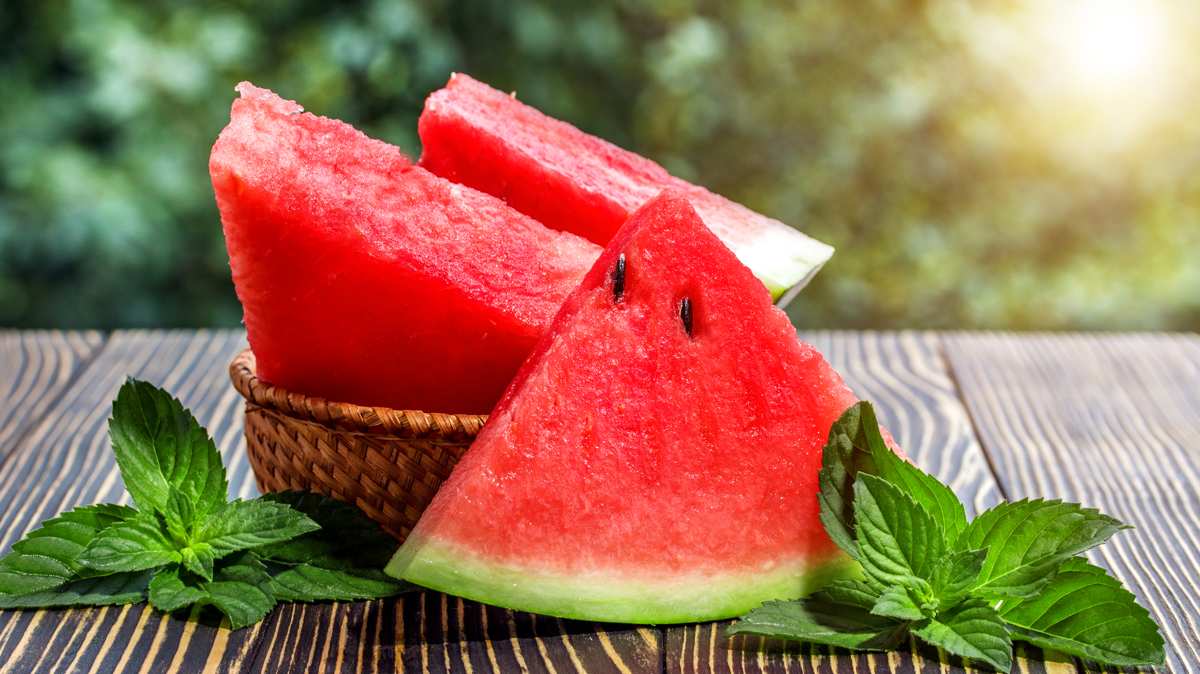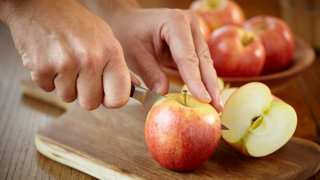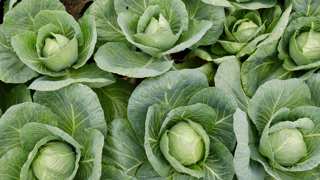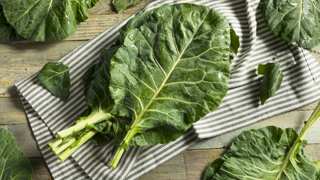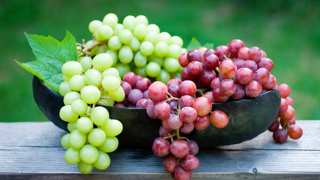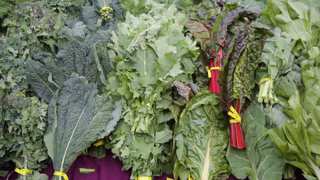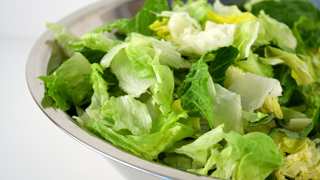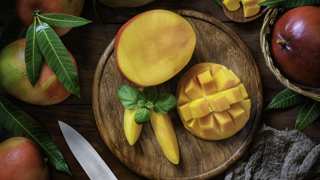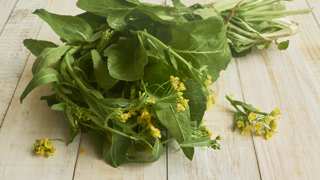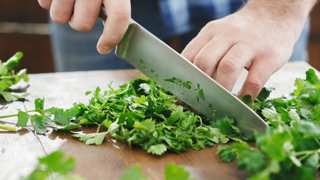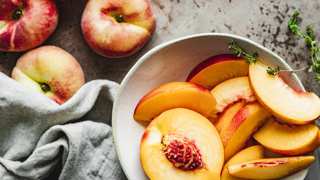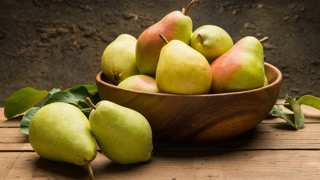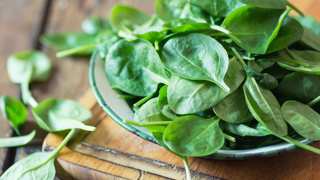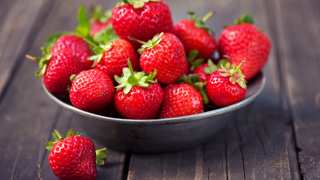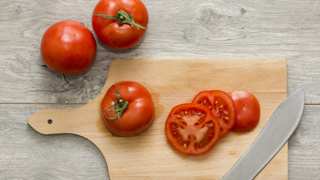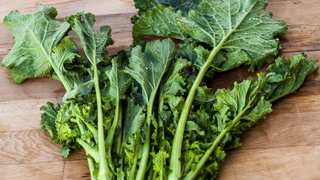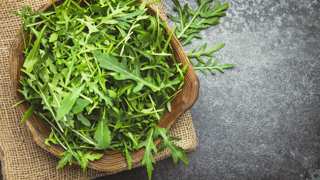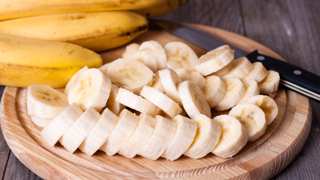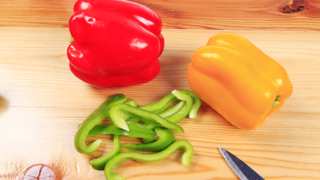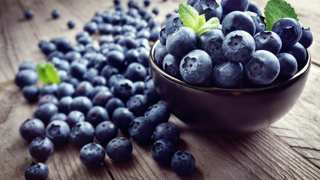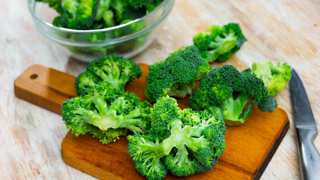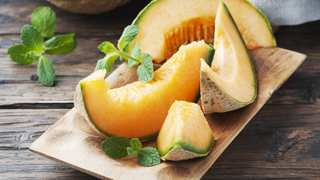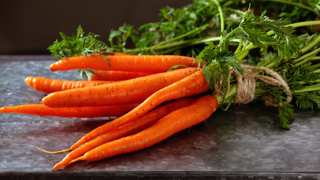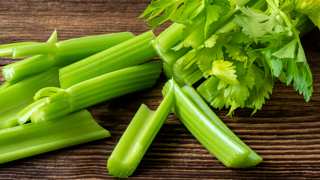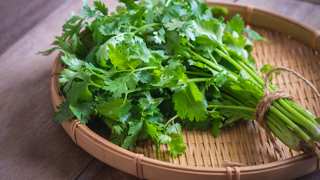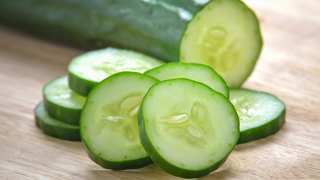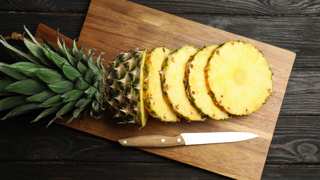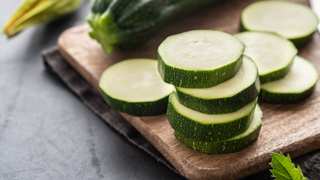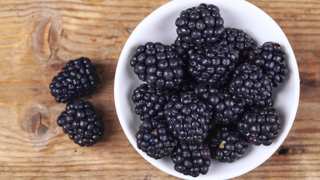We have created a nutrition label for watermelon below for you to use/reference when needed. The nutritional information has been provided by the USDA and other reliable sources.
WatermelonPer 100g Serving
Core
Calories30Cal
Water Content91.45g
Carbohydrates7.55g
Total Carbohydrate7.55g
Fiber, total dietary0.4g
Sugars6.2g
Fructose3.36g
Glucose1.58g
Maltose0.06g
Sucrose1.21g
Fat0.15g
Total Fat0.15g
Total saturated0.016g
10:00.001g
12:00.001g
16:00.008g
18:00.006g
Total monounsaturated0.037g
18:10.037g
Total polyunsaturated0.05g
18:20.05g
Proteins0.61g
Protein0.61g
Alanine0.017g
Arginine0.059g
Aspartic acid0.039g
Betaine0.3mg
Cystine0.002g
Glutamic acid0.063g
Glycine0.01g
Histidine0.006g
Isoleucine0.019g
Leucine0.018g
Lysine0.062g
Methionine0.006g
Phenylalanine0.015g
Proline0.024g
Serine0.016g
Threonine0.027g
Tryptophan0.007g
Tyrosine0.012g
Valine0.016g
Minerals
Calcium, Ca7mg
Copper0.042mg
Fluoride1.5μg
Iron0.24mg
Magnesium10mg
Manganese0.038mg
Phosphorus, P11mg
Potassium, K112mg
Selenium0.4μg
Sodium1mg
Zinc0.1mg
Vitamins
Vitamin A, IU569IU
Vitamin A, RAE28μg
Beta Cryptoxanthin78μg
Beta-carotene303μg
Lutein + Zeaxanthin8μg
Lycopene4532μg
Vitamin B1 (Thiamin)0.033mg
Vitamin B2 (Riboflavin)0.021mg
Vitamin B3 (Niacin)0.178mg
Vitamin B5 (Pantothenic acid)0.221mg
Vitamin B60.045mg
Vitamin B9 (Folate)3μg
Folate (from food)3μg
Folate (dietary equivalent)3μg
Vitamin C8.1mg
Vitamin E (alpha-tocopherol)0.05mg
Alpha Tocotrienol0.01mg
Vitamin K1 (phylloquinone)0.1μg
Choline4.1mg
Nutrition Scores
Ca:P Ratio0.6:1
Ca:P RatingPoor
Safe to FeedOnce per week
HealthinessUnhealthy
Notes/Instructions: Cut into small cubes. Remove all seeds.
Watermelon Health Concerns
Watermelon has a few health concerns that prevent it from being the most desirable fruit fed to bearded dragons. Below are the main areas of concern.
Poor Calcium to Phosphorus RatioWatermelons nearly twice as much phosphorus than calcium. This is a concern because phosphorus prevents calcium from being absorbed. So watermelon will need to be served with other foods which are rich in calcium like kale or arugula to correct the mineral imbalance.
High OxalatesOxalates are chemicals produced by plants to help manage calcium levels during development. When foods high in oxalates are consumed the oxalic acid will bind to calcium and prevent it from being absorbed. Watermelon contains 11mg of oxalates per 100g serving, which means it is considered "high" in oxalates. This means you should reduce the portion size of watermelon so the meal contains less than 10mg of oxalates. For reference, half a cup of diced watermelon weighs 75g and contains 8mg of oxalates.

